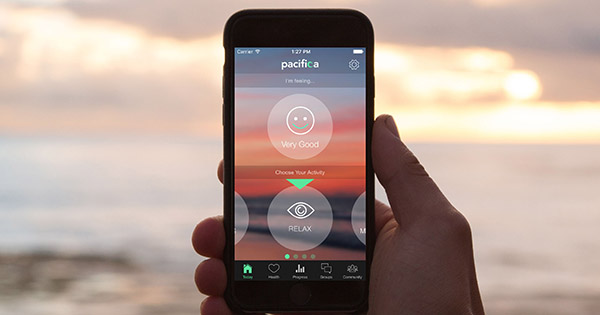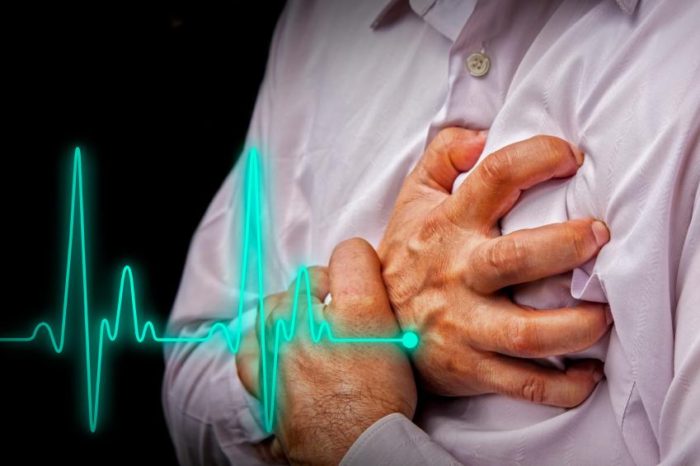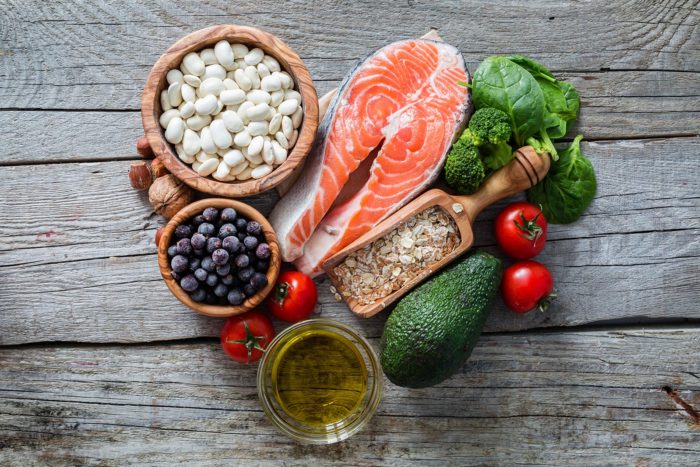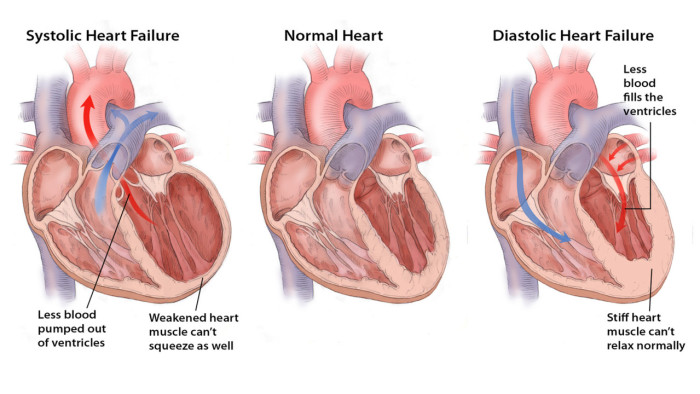The antimalaria drug hydroxychloroquine has generated significant controversy. A new study suggests that if it is given early, it can reduce mortality in people with severe COVID-19. But our expert points out weaknesses in the study’s design.
Amid an ongoing search for an effective COVID-19 treatment, the debate about the antimalaria drug hydroxychloroquine (HCQ) continues.
There was plenty of hype about the drug during the early months of the pandemic. On March 28, 2020, the Food and Drug Administration (FDA) granted Emergency Use Authorization (EUA), allowing doctors to use HCQ and chloroquine (CQ) products in situations where clinical trials were not an option.
Last month, the FDA withdrew the EUA. The agency explains that it “has determined that CQ and HCQ are unlikely to be effective in treating COVID-19 for the authorized uses in the EUA. Additionally, in light of ongoing serious cardiac adverse events and other serious side effects, the known and potential benefits of CQ and HCQ no longer outweigh the known and potential risks for the authorized use.”
Clinical trials using the drug have shown mixed results and been marred with controversy. After an investigation by The Guardian into the quality of data analysis provided by a company called Surgisphere, the authors of one high-profile study in The Lancet retracted the paper.
Several institutions have since halted their HCQ studies, including the World Health Organization (WHO) and the National Institutes of Health (NIH).
Now, a new study in the International Journal of Infectious Diseases — by researchers from the Henry Ford Health System, in Michigan — reports that treatment with HCQ alone and in combination with the antibiotic azithromycin reduced the number of deaths among people in the hospital with severe COVID-19.
Comparing mortality rates
The corresponding author is Dr. Marcus J. Zervos, an infectious disease specialist at Henry Ford Hospital and the Wayne State University School of Medicine, both in Detroit, MI.
For their study, the team retrospectively reviewed the medical records of 2,541 individuals who received treatment for COVID-19 in Henry Ford Health System hospitals.
The aim of the research was to compare how many people with COVID-19 died while in the hospital after receiving either HCQ, HCQ and azithromycin, azithromycin on its own, or “other treatments for COVID-19,” as the authors explain in their paper.
Treatment with HCQ, azithromycin, or both began within 24 hours of hospital admission in 82% of cases, and within 48 hours of admission in 91% of cases.
Among the 2,541 patients in the study, 460 died, which equates to an overall mortality rate of 18.1%. In the group of 409 patients who received neither HCQ nor azithromycin, 108 died, representing a mortality rate of 26.4%.
A total of 1,202 patients received only HCQ, of whom 162 died, a mortality rate of 13.5%, while out of the 147 patients who received only azithromycin, 33 died, equating to a mortality rate of 22.4%.
Among the 783 patients who received a combination treatment of HCQ and azithromycin, 157 patients died. This reflects a mortality rate of 20.1%.
While these results sound encouraging, Dr. Hanh Le, who is the senior director of medical affairs at Healthline Media, shared her concerns about the study with Medical News Today.
“As an observational study, it would have been good to have insights into what factored into the treatments that the patients received. For example, of the patients who received neither drug, why were most of them 65 or older?” Dr. Le pointed out. “Unfortunately, the study authors did not address that.”
Study limitations
Dr. Le explained that the average age of those who received neither HCQ nor azithromycin was significantly higher than those who received HCQ.
Specifically, the average age in the group who received other COVID-19 treatments was 68.1 years, the median age was 71 years, and 64.1% were over the age of 65. In the HCQ group, on the other hand, the average age was 63.2 years, the mean age was 53 years, and 48.9% were over 65.
Patients in the HCQ group were also significantly more likely to receive steroids in addition to the drug. While 78.9% of patients in this group received steroids, only 35.7% of patients in the other COVID-19 treatment groups did.
“In addition, white race is a risk factor they identified, and it too was unbalanced,” Dr. Le added.
In the group receiving other COVID-19 treatments, 45.5% were white, while in the HCQ group, 27.6% were white.
“We attribute our findings that differ from other studies to early treatment, and part of a combination of interventions that were done in supportive care of patients, including careful cardiac monitoring,” Dr. Zervos comments in a press release.
“Our dosing also differed from other studies not showing a benefit of the drug. And other studies are either not peer-reviewed, have limited numbers of patients, different patient populations, or other differences from our patients,” he continued.
The study authors do urge caution in light of their findings:
“Our results should be interpreted with some caution and should not be applied to patients treated outside of hospital settings,” they write in the paper. “Our results also require further confirmation in prospective, randomized controlled trials that rigorously evaluate the safety, and efficacy of [HCQ] therapy for COVID-19 in hospitalized patients.”









